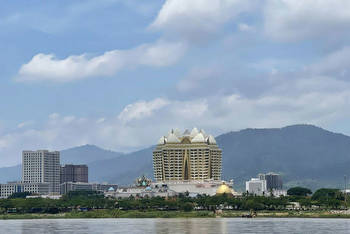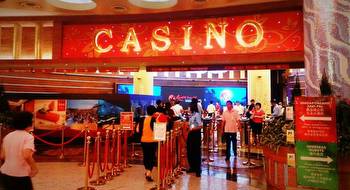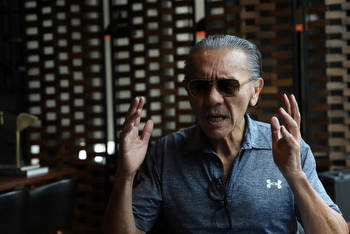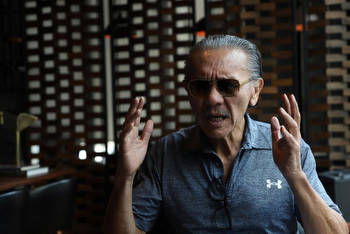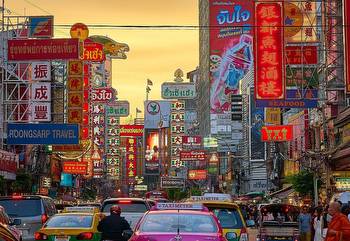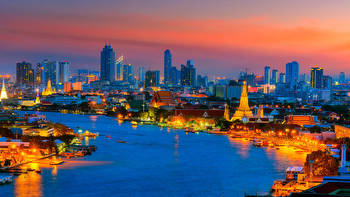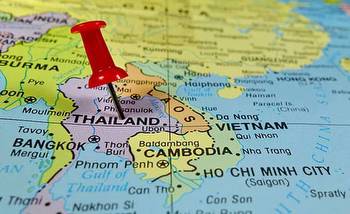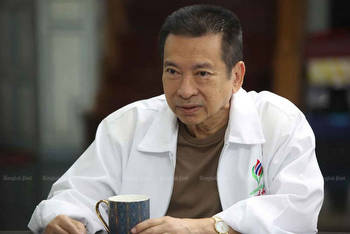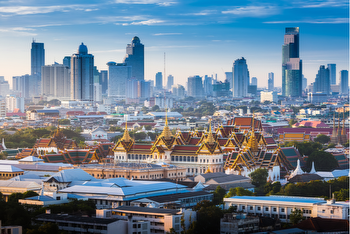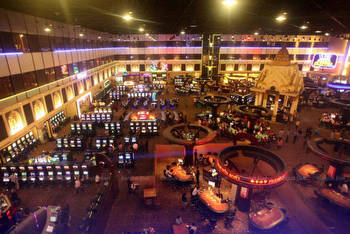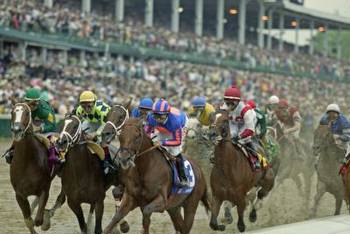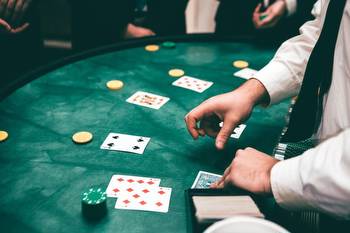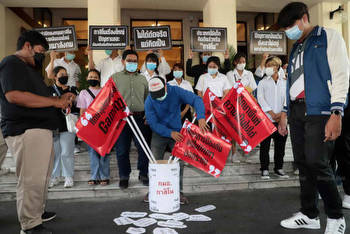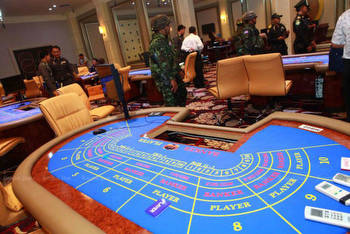Are casinos a safe bet?

Today, the Lower House will make a decision on whether to endorse a feasibility report that could see the legalisation of casinos -- a policy that is hoped will bring in tax revenue and promote tourism.
Lawmakers have been toying with the idea of legalising casinos for over a decade, wanting to follow Singapore, Malaysia and Cambodia, which use their casinos to attract foreign tourists. Thailand -- a tourism country, has lost tourists to these countries because, according to Thai law, gambling is illegal, even though the kingdom permits betting on horse races, a lottery and cockfighting.
The feasibility report that lawmakers will deliberate on today, proposes that one or more casinos be situated in a mix-used entertainment complex that could be located in one of 22 tourist provinces, or in the Eastern Economic Corridor (EEC). The feasibility proposes screening measures that would permit only foreigners and "mature and wealthy Thais" to enter a casino.
What is worrying is not so much the opening of such an establishment. The real concern is that the feasibility also recommends the legalisation of online gambling such as online bingo, baccarat, betting on government lotteries, the stock exchange index, foreign exchange rates and gambling on the results of international and local sporting events, including horse races and e-sports and -- believe it or not, elections.
Boonlue Prasertsopha, a member of The Lower House's special committee and head of the sub-committee that recommends making online gambling legal, said the proposal is pragmatic, adding that he was optimistic about Thailand's legal enforcement of it.
"Don't be hypocrites ... underground gambling either online or offline, has existed and been thriving for a long time despite being illegal," said Mr Boonlue, a Bhumjaithai MP from Ratchaburi province, yesterday.
He said making gambling legal would solve many problems, such as money laundering. When asked about how to prevent children from participating in online gambling, he replied: "Being legit means there are clear rules to control activities, such as the movement of money and the types of gambling activities. I bet no one would dare break the law," said Mr Boonlue.
He may be wearing rose-tinted glasses as the gambling issue is much more complicated and cannot be handled through blind faith in Thai law enforcement. Contrary to what MP Boonlue believes, the gambling issue does not solely involve hypocritical Thai laws, but it is also about the serious social impact of gambling in terms of addiction among youth, and the amount of debt and poverty this could lead to, and an increase in criminal activities.
As Thailand rightly considers allowing casinos in entertainment complexes, it should also think about launching a pilot project to test the waters. But in terms of legalising online gambling, lawmakers must think long and hard about the gains and losses to society, and prepare safeguard measures before making such a drastic decision.
Despite the obvious benefits, MPs must be prudent and should not rush to make a decision. It is hoped that MPs, especially those from the Pheu Thai, Democrat and Move Forward parties, will apply the same moral high ground and utmost concern for youths that the public witnessed throughout their microscopic scrutiny of the cannabis legalisation draft bill. Given the reports of major gambling debts that were wracked up by youths during the recent Fifa World Cup, MPs should move on legalising online gambling with extra caution.













